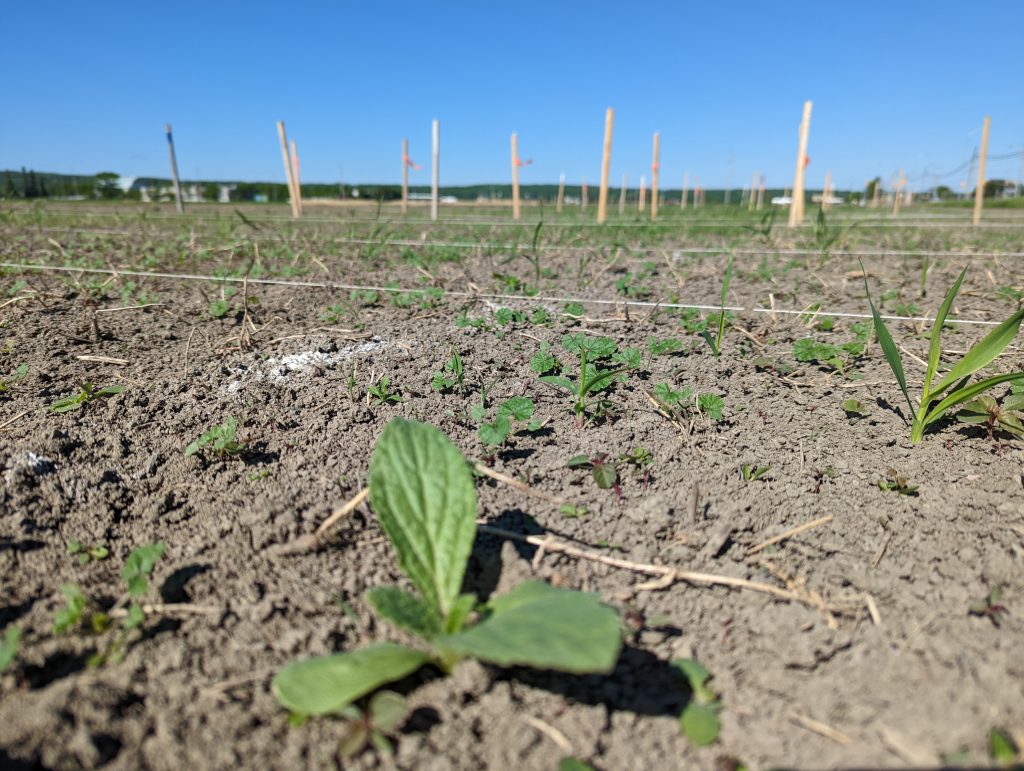Increasing Pollination in Field Crops: Wildflower Research Trials Underway in the North
In degraded landscapes, parks, seed production farms, and crop fields, wildflower plantings have become increasingly visible and crucial for supporting biodiversity. Pollinators are crucial for ecosystem function and pollination, and wildflowers provide critical habitats for them. Wildflowers can help to improve soil health, minimize erosion, improve water quality, maximize yields, and improve livestock grazing conditions.
Northern Wildflowers, a wildflower seed company based in Whitefish, Ontario, has had challenges with using ryegrass as a nurse crop in their seed mixes in the past year. Ryegrass is difficult to come by in Northern Ontario as it competes with native grasses, and it can also compete with native wildflowers. However, there is very little research currently available on alternative nurse crops.
As a result, Northern Wildflowers and College Boreal are collaborating to investigate alternative nursing crops that are widely available in the region and do not conflict with native plants. They are examining the usefulness of various unique nursing crops in promoting the emergence and survival of native seeds, with the ultimate goal of producing a new seed mix formulation for Northern Wildflowers.
Wildflower trials are currently underway at the Ontario Crop Research Center in New Liskeard. The results of the study are expected in the fall, this will provide Northern Wildflowers with a product that will increase biodiversity and ecosystem services while expanding efficiency. Stay tuned for further updates regarding wildflowers as a practical application to increase pollination in field crops.
